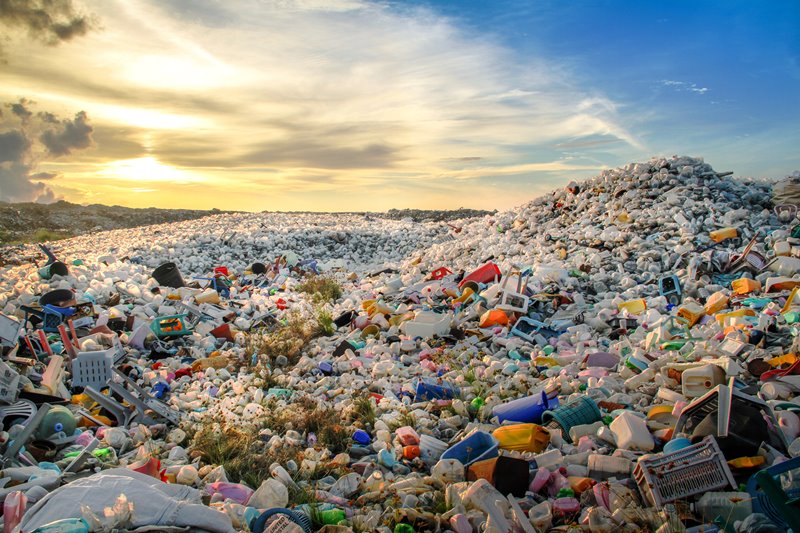Well, another new year has arrived, and with it a renewed sense of responsibility to be better stewards of our environment and, by extension, the planet we all call home.
Though there are certainly many environmental threats we can lay squarely at our own hands, one of the most insidious is, ironically enough, one of the easiest to address. The culprit? Single-use plastics. Used once, then tossed into the bin, these bits of nearly indestructible detritus end up polluting our neighbourhoods, our soil, and ultimately, the oceans on which we all depend.
How bad is it? Studies suggest that roughly 10 million tons of plastic end up in the world’s oceans each year. Currently, there are five enormous gyres, which are vast areas of rotating water at the confluence of various oceanic currents, which contain staggering volumes of rubbish, mostly plastic. A 2015 survey of all the world’s coastal countries contributing to ocean plastic waste revealed that South and Southeast Asian countries, along with China, account for eight of the 10 worst offenders. (China is ranked the worst by far, while Malaysia is eighth-worse). Clearly, what we do to change our habits here can make a meaningful impact.
So with that in mind, let’s get 2019 off to an eco-conscious start by cracking down on our own use of plastics. Here are nine easy ways to reduce or eliminate your dependence on plastics – especially those diabolical single-use types!
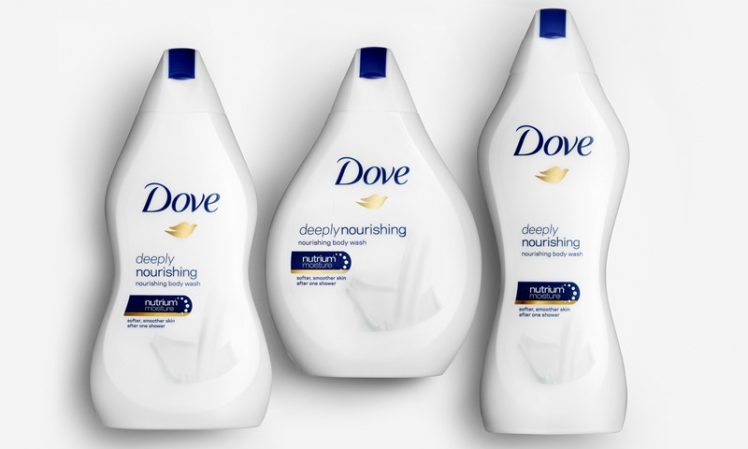
1. Shower plastic-free.
Take a look in your shower – you’ll no doubt see several plastic bottles containing everything from shampoo to facial scrubs to body wash. (The whole shower gel/body wash thing is a curious evolution, anyway. When did bars of soap cease to be effective?) Nearly all of these things, even shampoos and conditioners, are available in bar form, or in ‘naked’ packaging, meaning one less plastic bottle that will ultimately be in a landfill or floating around in the ocean.
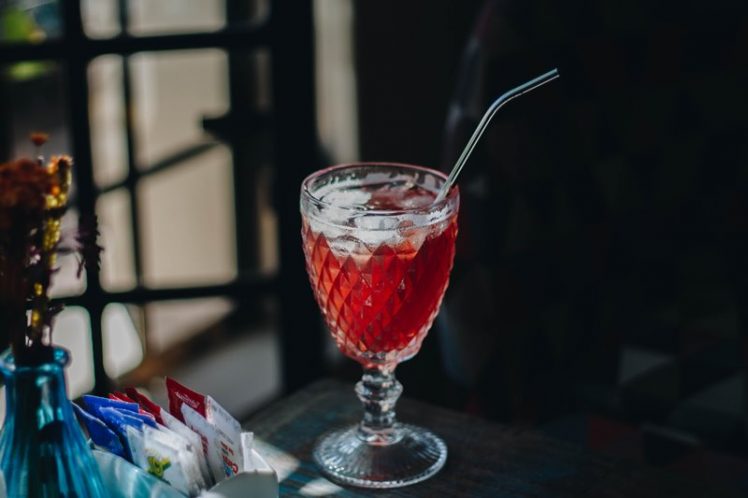
2. Say no to straws,
Perhaps no single-use plastic item was as demonized in 2018 as the humble – and frequently unnecessary – plastic straw. At best, they’re single-use, and at worst, they are zero-use! (In the case of a restaurant putting an unwrapped straw on your tray, even if you don’t use it, the likelihood is that it will still be thrown away.) If you don’t need a straw, don’t use a straw. If you do want or need one, consider a reusable stainless steel or glass version. (This goes for little plastic stir sticks, too. Better to use disposable wooden ones… or a washable metal spoon.)
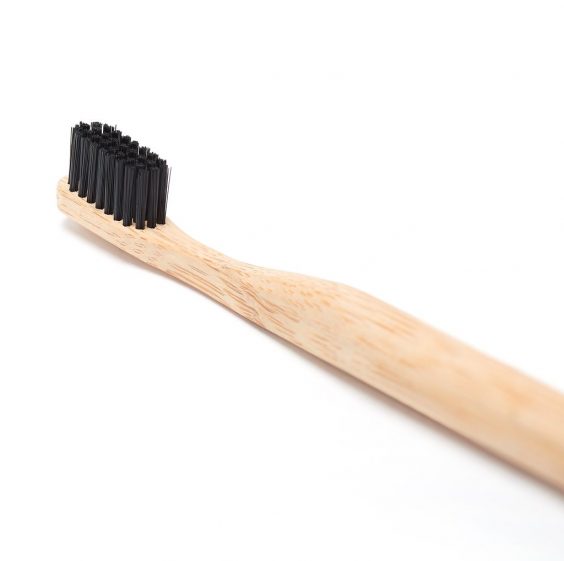
3. Brush with bamboo.
In the US alone, over a billion plastic toothbrushes are chucked out every year. So the next time you replace your toothbrush, consider looking for an eco-friendly alternative, such as those made from biodegradable bamboo.
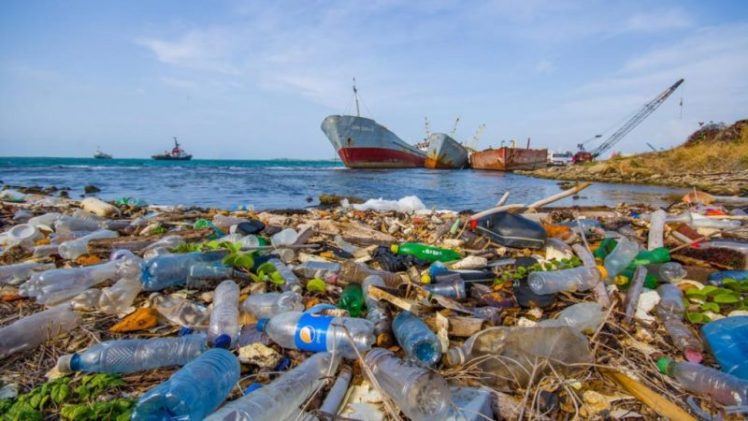
4. Boycott the bottles.
Plastic bottles might just be the biggest contributor to the world’s plastic waste. Worldwide, over a million bottles are purchased every minute! Though certainly not the only beverage sold in plastic bottles, bottled water saw a huge surge in popularity over a period of a decade or so, but now the backlash has begun. The cost of producing that single-use plastic bottle is much greater than you think – the petroleum needed for manufacturing and shipping one bottle could fill about a quarter of it with oil! Ditch the plastics, and carry a reusable water bottle instead. When you travel, see if your hotel is offering locally or regionally sourced still or sparkling waters, too, rather than the fancy brands that must be shipped from the other side of the world. If you’re reviewing your accommodation online, lavish praise on the properties that offer refillable bottles and filtered water dispensers onsite rather than supplying four plastic bottles of water to every room, every day. Help propagate good practices by praising and promoting them!
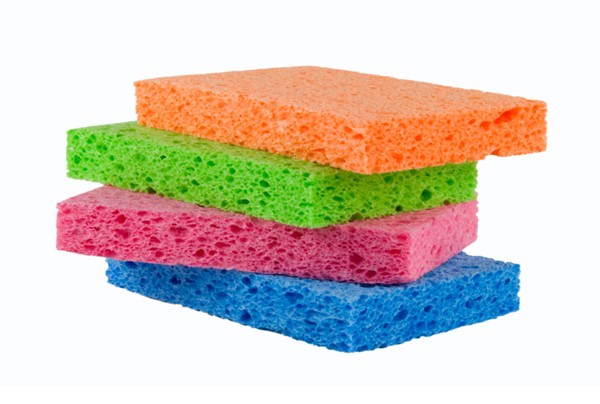
5. Rethink your sponge.
Rather than cheap synthetic sponges, which are made from foamed plastic polymers, buy natural vegetable cellulose sponges, or simply use a good dishcloth that you can throw in the washer when it’s dirty, along with a washable, reusable pot scrubber for stubborn residue.
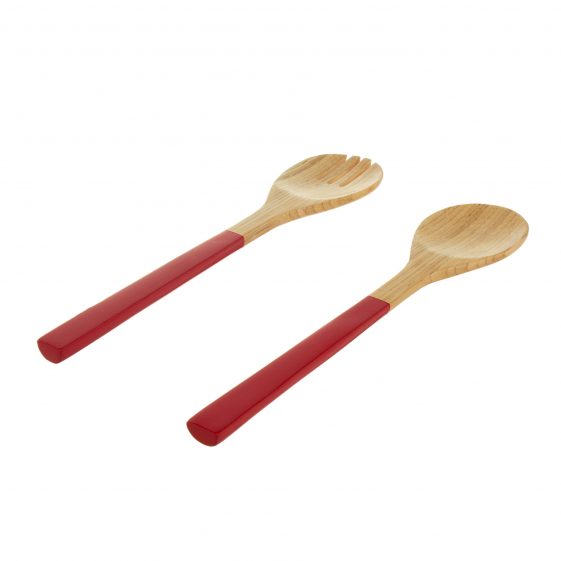
6. Ditch plastic cutlery.
This is an especially easy one. If you order takeaway or delivery meals that will be eaten at home or the office, request that no plastic cutlery be included. Use your own cutlery from home, or pick up a reusable bamboo fork and spoon – or just use chopsticks!
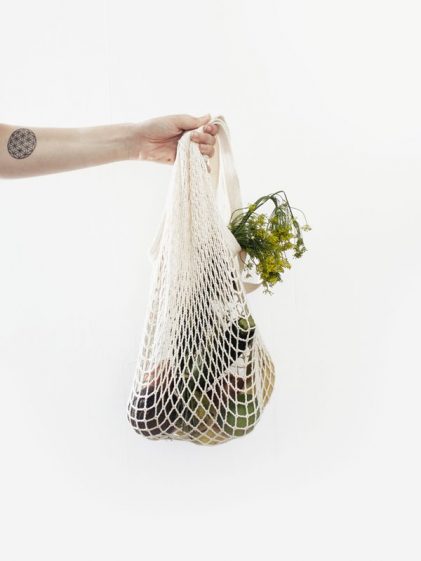
7. Keep reusable cloth shopping bags handy.
Always have a couple of these useful cotton bags (opt for the more robust cotton over the cheap non-woven bags) in your car or otherwise handy for trips to the store. Be a double eco-warrior by taking your fabric bag to the local dry or wet market for your fruits and veggies instead of a grocery store, which tends to package produce in flashy wrappers and unnecessary containers. And when you do end up with plastic shopping bags, be sure to reuse them as many times as you can.
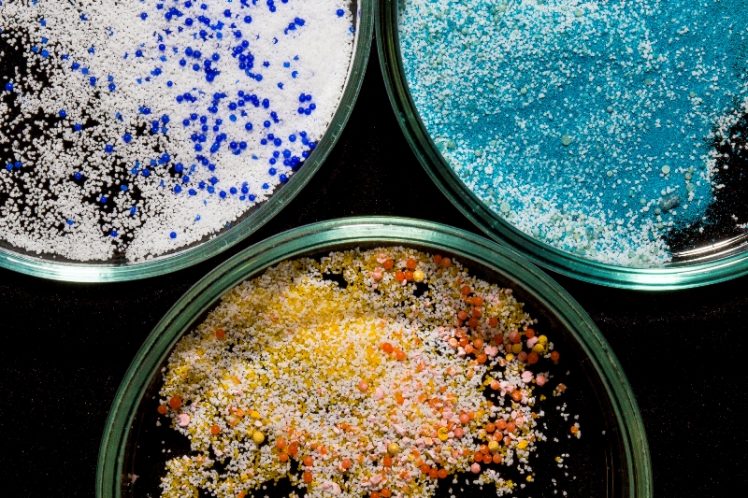
8. Avoid products with plastic microbeads.
More and more communities are banning these ridiculous ‘exfoliating’ body and face scrubbing microbeads, which end up unnecessarily introducing trillions of tiny bits of plastic into the environment. (In fact, even back in 2012, scientists found microbeads at a rate of more than 450,000 per square kilometer in parts of the Great Lakes in the US and Canada!) If you want an exfoliating scrub or use a whitening toothpaste, ensure the abrasive components are wholly natural (like ground apricot pits or crushed rice grains).
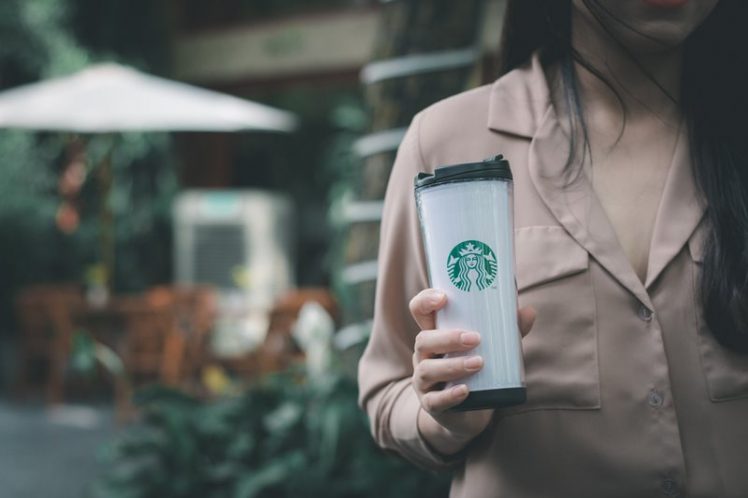
9. Have your own coffee tumbler.
That takeaway cup from your favourite café may fool you into thinking it’s made of paper, but the cup’s heat and liquid resistance assures you that it’s not. They’re not made from only paper, there’s plastic in there, too, and most are not recyclable. (Obviously the lid is a single-use plastic, too.) Many cafés offer a good discount for showing up with your own mug or travel tumbler, so save yourself some money and help save the planet at the same time.
These are just a few easy-to-incorporate changes. If all of us make some (or all) of these changes, we can really effect a positive change. And why not? Plastic as we know it has only been around for 60-70 years, so obviously we as a species managed to go a long, long time without relying on it so completely. Plastics have, in a remarkably short time, transformed our world in everything from shopping and dining to manufacturing and engineering. Many good things come from plastics, of course, but the other side of that coin is a scourge of plastic pollution that is, in the words of many advocates and scientists, a genuine planetary crisis.
Do your part in 2019, and take the small steps to reduce your consumption of plastics – and eliminate as many of the single-use plastics as possible – in your day-to-day life. Encourage others to do the same, and support the companies and industries you encounter who are also reducing their reliance on plastics. Together, we can turn things around.
For more information on plastic pollution and how you can combat it:
- The EC European Strategy for Plastics
- Infographic on plastic pollution
- News story: EU declares war on plastic waste
- ‘Just how bad is the world’s plastic problem?’ by NHM London
- The Great Pacific Garbage Patch
- Plastic Pollution: what it is, where it comes from, why it’s a problem and what you can do to help
"ExpatGo welcomes and encourages comments, input, and divergent opinions. However, we kindly request that you use suitable language in your comments, and refrain from any sort of personal attack, hate speech, or disparaging rhetoric. Comments not in line with this are subject to removal from the site. "


